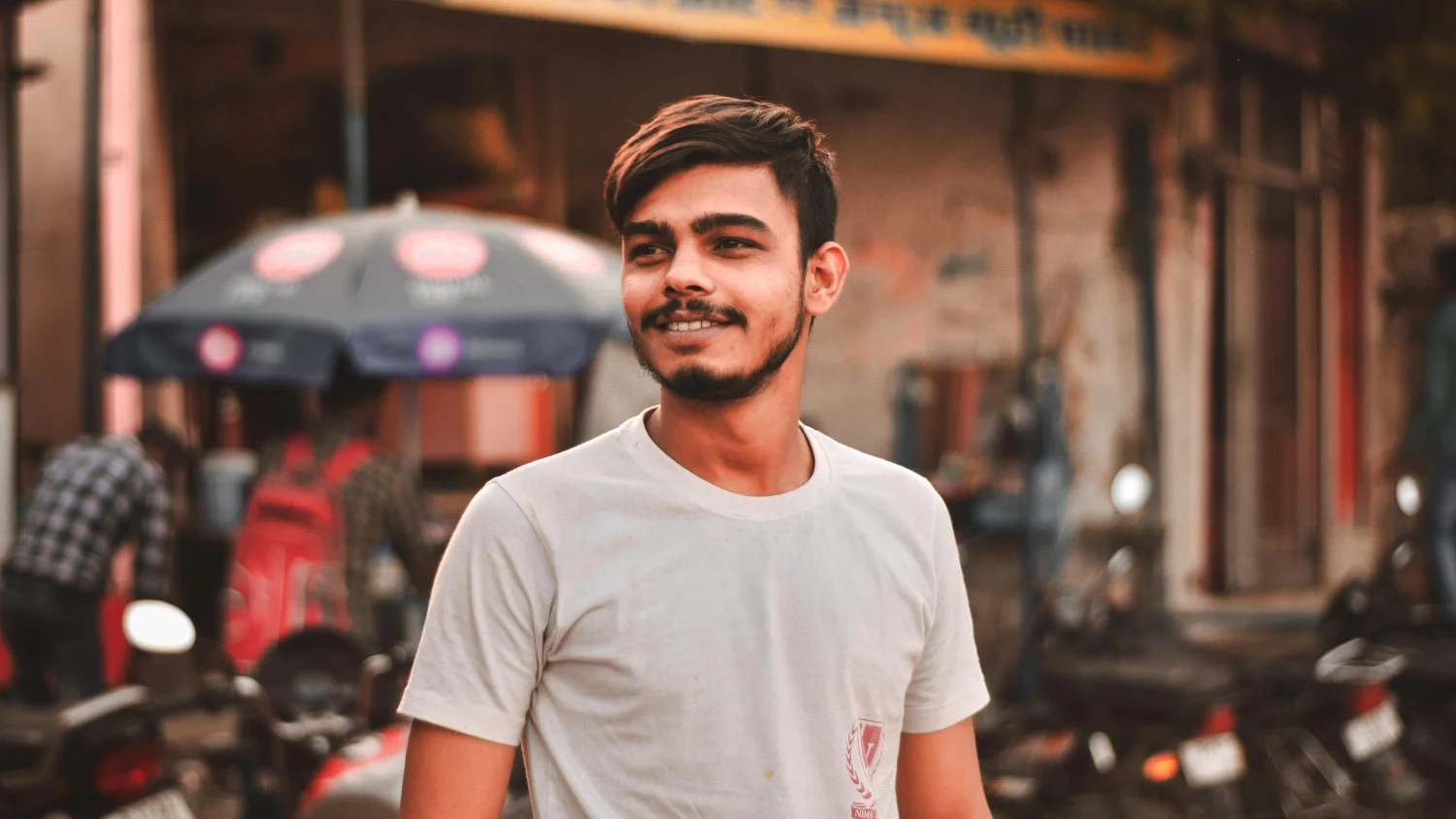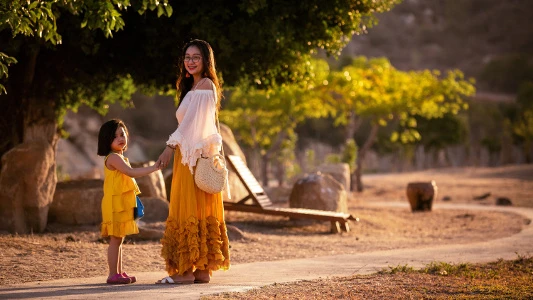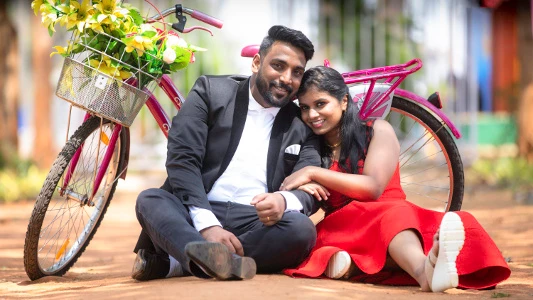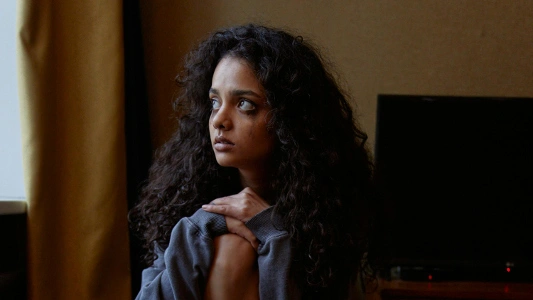My journey with diabetes, from shame to strength

I was 16, in class 11, and enjoying life like every other teenager. I played cricket in the evening, hung out with my friends, and was happy.
Then I was diagnosed with type 2 diabetes, and everything turned upside-down.
I used to think that only people in their old age were affected by diabetes. But I was a teenager, and I’d been diagnosed with a lifelong condition. One that my family (and large parts of society) didn’t understand or even really know about.
The first time my doctor told my parents that I was diabetic, they insisted it wasn’t possible – “You must have done something wrong. Please check the reports again.”
They even changed doctors multiple times, but every doctor said the same thing. Unfortunately, this was the harsh truth for me and my family to accept.
It didn’t take long for rumours to start in the family. Relatives would whisper, “Now who will marry him?” And some pointed fingers at my parents, blaming their parenting.
There was no empathy, only judgment.
But this was just the start of my problems.
Struggling with food, family functions, festivals, and mental health
For me, the hardest part of living with diabetes was having to cut myself out of every family gathering. But I didn’t feel like I had a choice – I was ashamed of my diabetes.
And whenever I went to them, relatives offered me sweets. Every time they did, I wanted to tell them that I too loved sweets but that God had snatched that love away from me.
I felt truly alone, with no one by my side except my immediate family. None of my friends had diabetes, and I was the only one in my school.
I had to quit playing my favourite sport (cricket) because my energy levels were too low. And avoiding sweet snacks at school, my classmates would laugh at me – “At this age, he’s already old!”
I felt very bad but didn’t show my emotions to anyone. I cried a lot after school, feeling broken and alone.
Reaching a turning point
When I started to learn more about type 2 diabetes, that’s when everything changed – I started reading about the condition and following Indian doctors on YouTube, and it helped me a lot.
It made me realise that diabetes could be managed and that I wasn’t going to die. Young children get the condition because of stress and poor, unhealthy diets, but by following a healthy lifestyle I could live a proper, happy life.
And once I understood this, I decided I wouldn’t allow anyone to say anything about me anymore or laugh at me.
I also thank God for smiling on me during this tough time – I was blessed to find an amazing diabetologist who not only gave me medicine but also helped me change my lifestyle and help rebuild my confidence.
With their help, I adjusted my diet and incorporated more exercise into my daily life. I shifted to whole grains (like brown rice and bajra), cut down on processed sugar, enjoyed homemade food, and started walking 10,000 steps daily and practising yoga. All of these efforts made a big impact and helped improve the management of my condition.
I’m also thankful for my parents, who supported me and joined in with my exercise and yoga.
Raising awareness
When I was first diagnosed, I used to hide my condition from everyone because I thought they would make fun of me. But I stopped hiding it when I realised the importance of spreading diabetes awareness.
I began to speak about my condition at school activities and on social media, and I started an awareness campaign which helped a lot of people. I even had an old uncle tell me, “Because of you, I got my sugar checked. It turned out I was a borderline diabetic. Thank you.” – Hearing this, knowing that my efforts were helping people become aware of the condition and take early preventative action, I was overwhelmed and felt incredibly proud of myself.
Looking to the future
When you’re a young Indian with diabetes, it can be hard to find a good partner – The first thing they ask is, “Can you live a normal married life?”
So I want to tell everyone, yes, if you have diabetes, you can still live a normal, happy married life. The right partner will understand and love you regardles of your disease or condition.
My other advice for young diabetics is:
- Don’t be ashamed; you haven’t done anything wrong.
- Go to weekly checkups.
- Educate your family about your condition, and make sure they know it’s not a death sentence.
- Mental health is important; don’t ignore it.
- Don’t stay silent; take control, wake up, speak up, don’t be afraid of anyone, and fight back.
I hope these tips help, because everyone deserves care, peace and happiness.
So stay strong, stay informed, and stay kind to yourself.
Looking for more stories like this?
When Nirvaanika was first diagnosed with type 2 diabetes, she was only worried about her blood sugar. But then she started planning a family.
Lisa is a type 2 diabetic. When she married, she quickly realised she’d have to work out how to manage her diabetes with her husband, and how he could help.
Learning to manage diabetic neuropathy was never in Nirvaanika's diabetes management plans. But one day, she woke up with a strange feeling in her feet.








